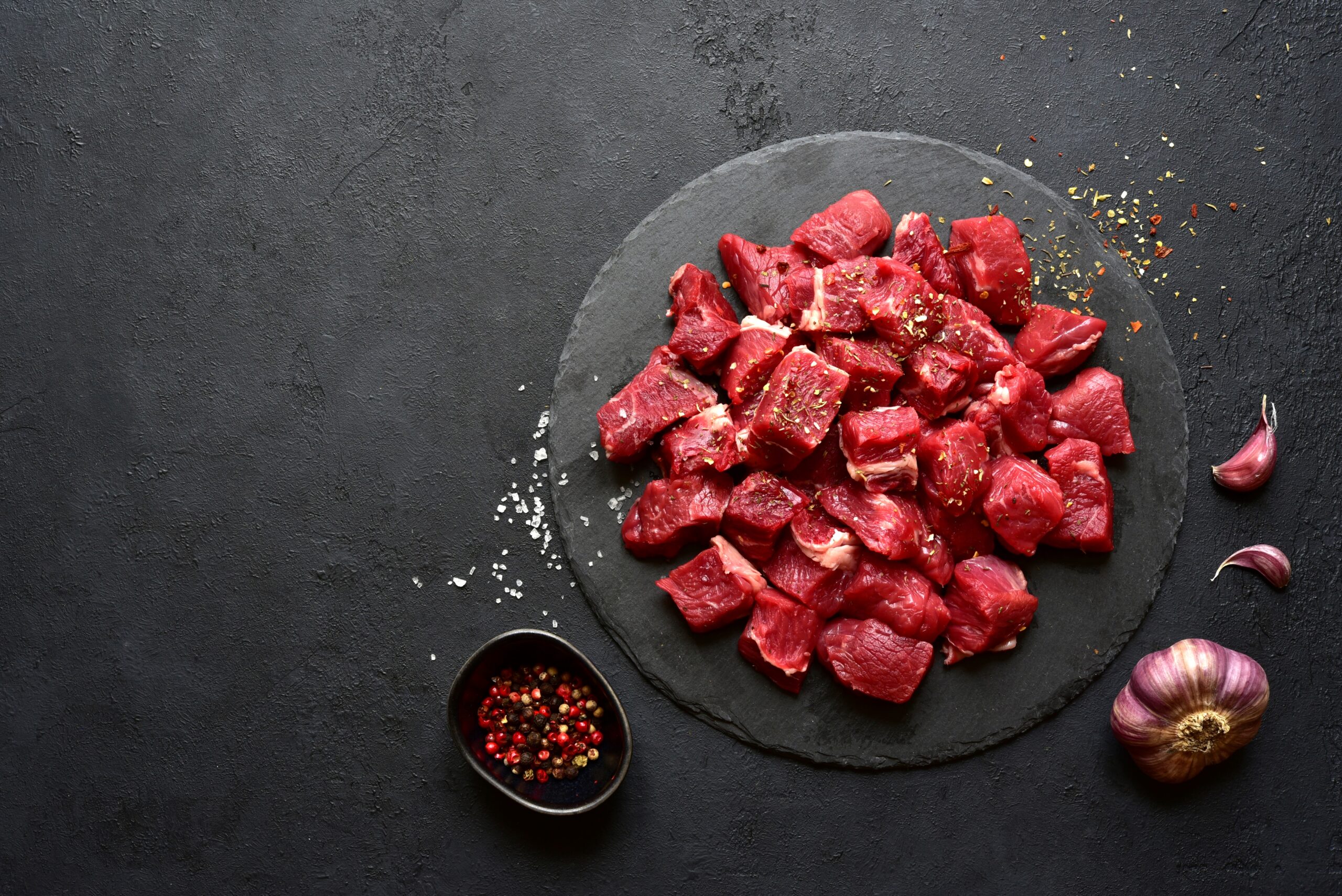Table of Contents

For the health-conscious and eco-minded shopper, the meat aisle presents a perplexing dilemma.
Spend a premium on organic cuts, or stick to conventional for a fraction of the cost?
Advocates tout organic livestock's freedom from hormones, antibiotics and pesticide-laden feed as an unequivocal win for wellness. But is this sunny narrative obscuring a more nuanced reality?
Unpackaging the Label
The USDA organic seal is not a monolith. It encompasses a spectrum of practices, from industrial-scale operations to small family farms.
Large organic outfits may eschew chemicals, but often confine animals in crowded barns with limited outdoor access ― a far cry from the idealized image of happy hens pecking in pastures. Some conventional operations, by contrast, boast ample space and engage regenerative grazing methods that can build soil and sequester carbon.
Blindly equating organic with "better" overlooks these crucial caveats.
The Nutrition Numbers
From a nutritional standpoint, organic meat does sport some marginal advantages. Modest increases in omega-3s and antioxidants have been documented, attributed to the animals' forage-based diets. But in the grand scheme of an overall healthy eating pattern, these gains are hardly game-changing.
Far more impactful is what organic meat doesn't contain ― synthetic hormones, routine antibiotics, and traces of toxic pesticides.
For pregnant women, young children, and other vulnerable groups, steering clear of these additives is indeed judicious. However, it's an oversimplification to categorically condemn all conventional meat as "dirty."
Digging Into Dirt
Organic proponents are quick to highlight the ecological perks of eschewing agrochemicals and GMOs in livestock feed production. But this myopic focus ignores the bigger picture. Organic crops often yield less bounty per acre, demanding more land to generate the same amount of feed.
This can lead to habitat destruction as natural landscapes are cleared for pasture. Organic systems may also require more mechanical tilling to manage weeds, releasing carbon from the soil.
Zooming out, it becomes clear that "organic" is not necessarily synonymous with "sustainable."
The Humane Question
Perhaps the most contentious consideration is that of animal welfare. Many consumers gravitate towards organic out of concern for livestock living conditions. And while organic standards do mandate minimum space, outdoor access, and freedom from cages, the degree to which these requirements are upheld varies widely.
Some ethicists argue there's no such thing as "humane meat," viewing any form of slaughter as indefensible. Others believe that animals raised with ample rooting and grazing opportunities do enjoy a good, if abbreviated, life. By this logic, smaller local farms ― organic or not ― are the more ethically conscientious choice.
The Accessibility Angle
Even those sold on organic meat's merits often find the premium prices a dealbreaker. This economic exclusion has sparked accusations of elitism in the organic movement, painting it as a luxury reserved for the privileged.
Indeed, fixating on organic as the gold standard places undue pressure on lower-income shoppers to stretch already thin budgets. A more equitable approach is to meet people where they are, emphasizing the health benefits of eating any vegetables, fruits and whole foods, regardless of cultivation method.
Conscious Omnivory
The decision to splurge on organic meat is deeply personal, hinging on one's individual health concerns, environmental values, ethical boundaries and financial realities. For those with the means and motivations, supporting small organic farmers can be a powerful way to invest in a more conscientious food system.
But for the budget-constrained or label-agnostic, opting for humane certified or locally raised conventional meat is a perfectly respectable alternative.
The key is to consume consciously, in moderation, and alongside ample portions of colorful plants. It's a philosophy applicable to omnivores and herbivores alike: Eat as close to the earth as your circumstances allow, and don't let the perfect be the enemy of the good.
So, is organic meat worth the extra dough? The unsatisfying answer is: it depends. On your physiology, your philosophy, your pocketbook. A more constructive question might be: how can I align my food choices with my values in an imperfect system?
